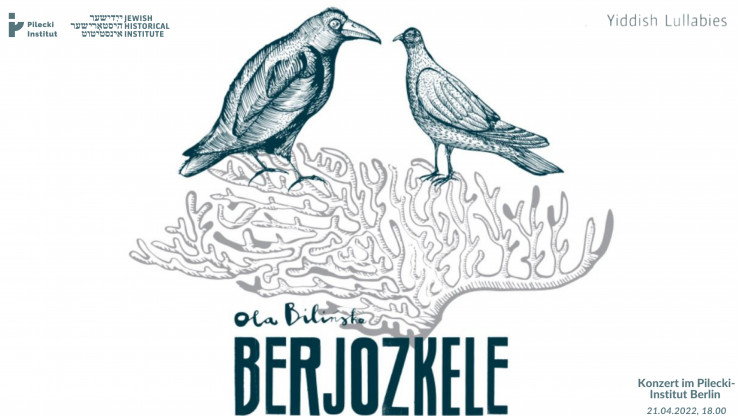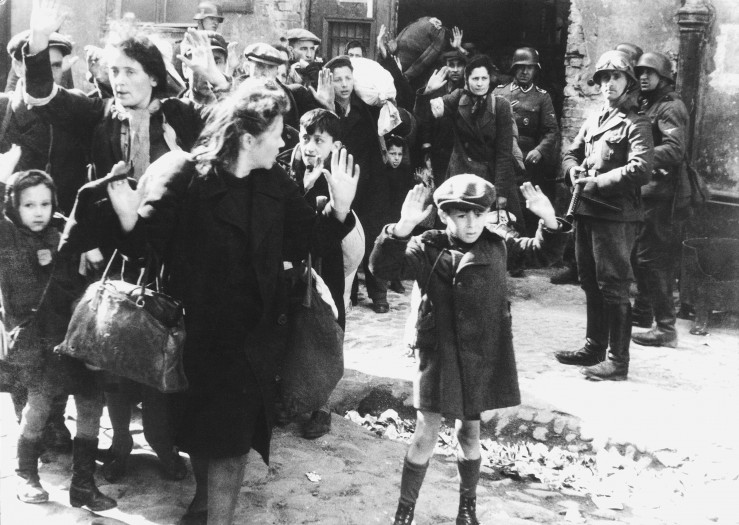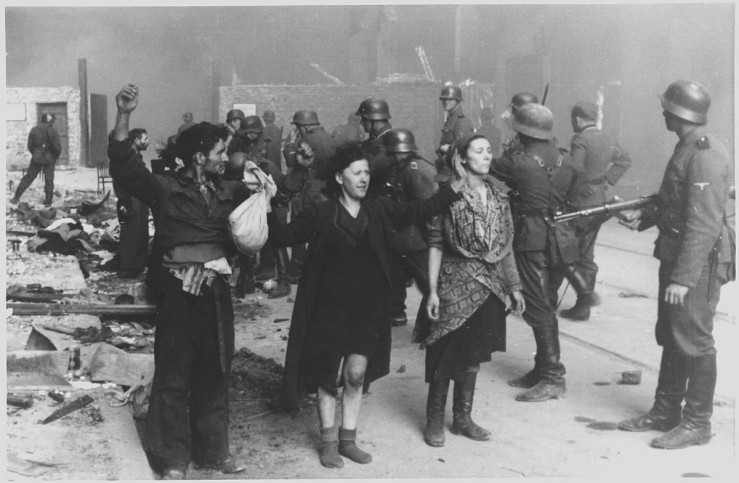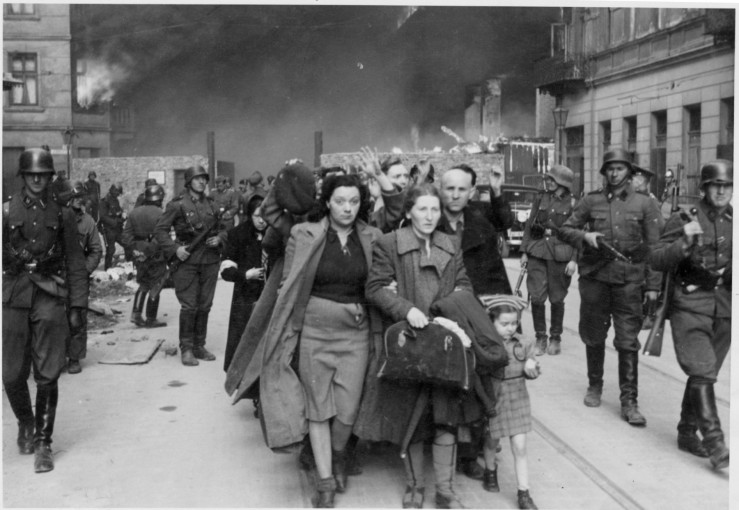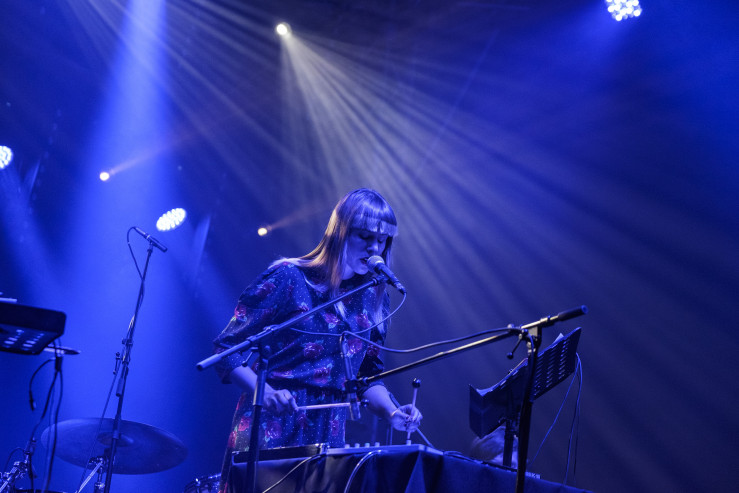The Warsaw Ghetto Uprising – Remembrance Commemoration - Instytut Pileckiego
21.04.2022 (Thu) 18:00
The Warsaw Ghetto Uprising – Remembrance Commemoration
The Warsaw Ghetto Uprising - Remembrance Commemoration
Join us and ZIH (The Jewish Historical Institute in Warsaw) for a live performance from Ola Bilińska who sings and rearranges traditional Jewish songs in Yiddish and watch the short introductory lecture delivered by dr Bartosz Borys from ZIH.
21.04.2022, 18.00 | Pariser Platz 4A, 10117 Berlin | On-site event
Please register at: events@pileckiinstitut.de
On the 79th Anniversary of the Warsaw Ghetto Uprising we would like to reflect upon the timeless values enshrined in the endless heroism displayed by the uprisers who in the face of absolute evil embodied by the German occupiers and near-certain death decided nonetheless to combat it with everything they had.
Join us and ZIH (The Jewish Historical Institute) on 21.04.2022 for our remembrance event aiming to offer a multidimensional, both analytic and artistic in-depth perspective on the historical legacy of the Uprising and potential lessons for today:

1.) The Warsaw Ghetto Uprising / April 19th – May 16th, 1943 - short introductory lecture by dr Bartosz Borys, historian, head of the Education Department at The Emanuel Ringelblum Jewish Historical Institute in Warsaw
2.) Ola Bilińska's live performance - OLA BILIŃSKA is a singer, songwriter, multi-instrumentalist, and a translator of Polish poetry into English. In the last few years she has gained a reputation in Poland and around the world for her work aiming at bringing back to life traditional Jewish songs in Yiddish. In 2015 her album ‘BERJOZKELE – Yiddish Lullabies and Evening Songs‘, with her original arrangements of pre-war lullabies, was awarded the “Folk Record of the Year” title by "Dwójka" (public radio station)
Before World War II Warsaw was the largest Jewish city in the whole of Europe with almost 370 000 Jews. Most of them died in the ghetto established by the Germans in late 1940 or in the Treblinka extermination camp in the summer of 1942. To all of those who survived by the spring of 1943, it was clear that the final liquidation of the ghetto will come. And when it happened on April 19, 1943, two military groups resisted: the Jewish Fighting Organization and the Jewish Military Union. A few hundred partisans did not stand a chance with German troops but they fought bravely by mid-May. Some ghetto inhabitants died during the uprising, some later in Treblinka or one of the forced labor camps near Lublin. The symbolic end of the Uprising but also of the Jewish district in Warsaw.
